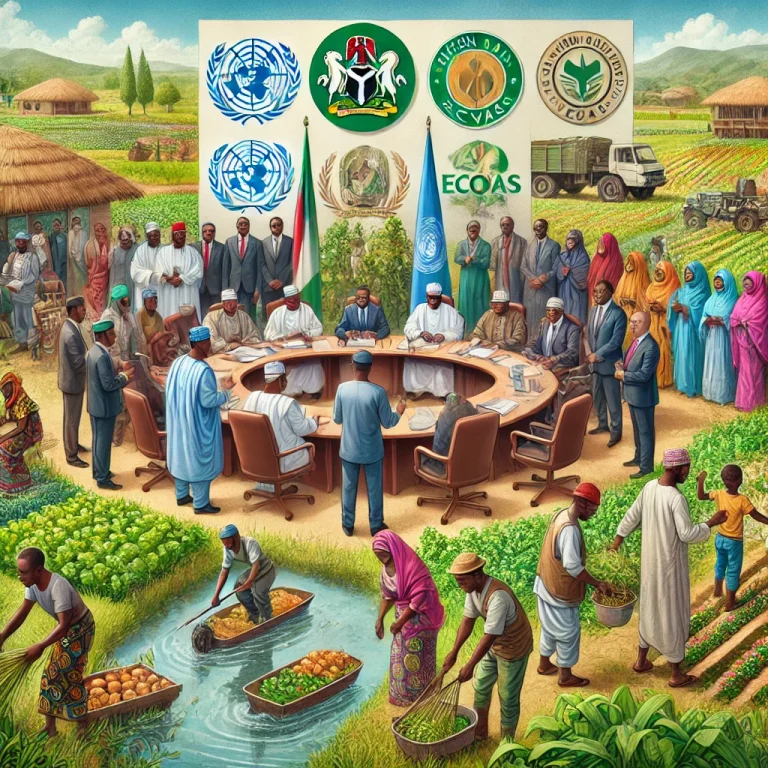The International Water Management Institute (IWMI) has launched a Multi-Stakeholder Platform on Farmer-led Irrigation Development (MSD-FLID) to boost food security and improve livelihoods in Nigeria.
The platform was introduced in partnership with the Federal Ministry of Water Resources and Sanitation, the Federal Ministry of Agriculture and Food Security, the Bank of Agriculture, and other partners.
Its main goal is to improve coordination and speed up the expansion of farmer-led irrigation systems across the country.
According to IWMI, the platform will bring together different stakeholders to strengthen collaboration, set priorities, attract investments, and promote innovative solutions such as solar-powered irrigation.
Dr. Olufunke Cofie, IWMI’s Africa Director for Research Impact, explained that farmer-led irrigation is vital for transforming Africa’s food systems and building resilience.
She noted that Nigeria has huge potential for farmer-led irrigation, but its growth is slowed by weak coordination, policy gaps, and limited access to finance.
Mrs. Esther Oluniyi, Director of Irrigation and Drainage at the Ministry of Water Resources and Sanitation, stressed that strong partnerships are key to transforming Nigeria’s irrigation sector.
The Managing Director of the Bank of Agriculture, Mr. Ayo Sotinrin, also assured that the bank is committed to supporting the initiative with special financing products, solar irrigation schemes, and strategic partnerships.
At the launch, participants pointed out challenges such as poor access to technology, finance, and extension services for farmers.
They also highlighted opportunities in solar irrigation systems, decision support tools, and farmer advisory platforms that can help scale up the initiative.
IWMI announced that the platform will hold quarterly dialogues to track progress and align with Nigeria’s national food security and agricultural transformation agenda.
The institute added that scaling up farmer-led irrigation will require innovative financing, better technology adoption, stronger farmer training, and an environment that encourages collaboration.
Finally, IWMI said the platform will act as a hub for research, innovation, and policy discussions to unlock irrigation development and help smallholder farmers in Nigeria become more resilient.


